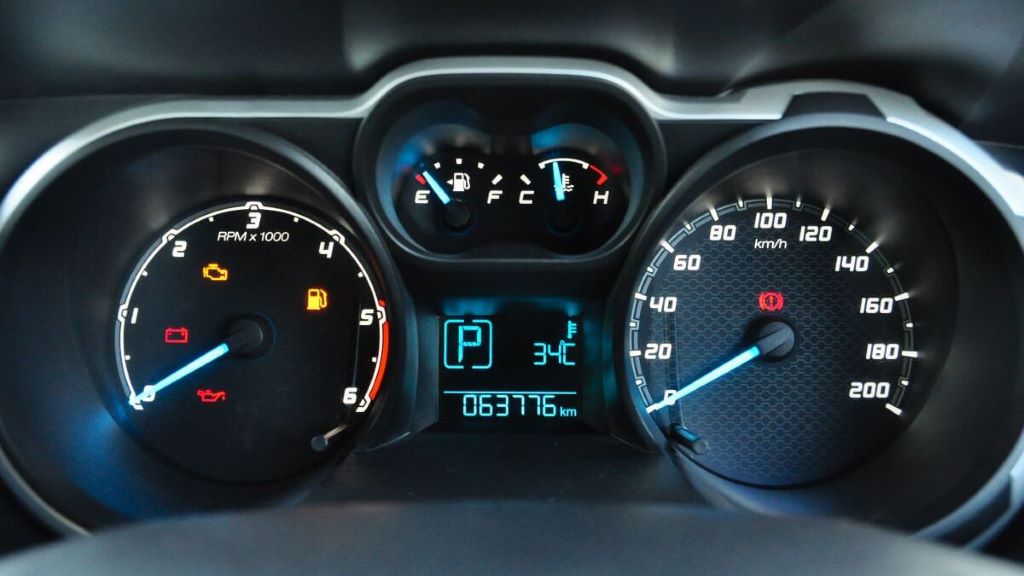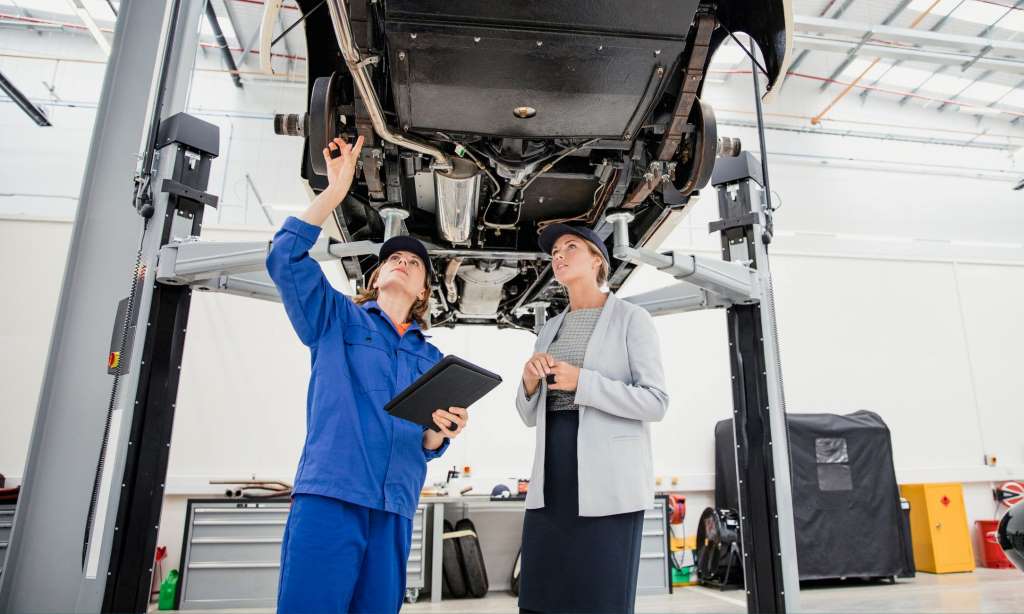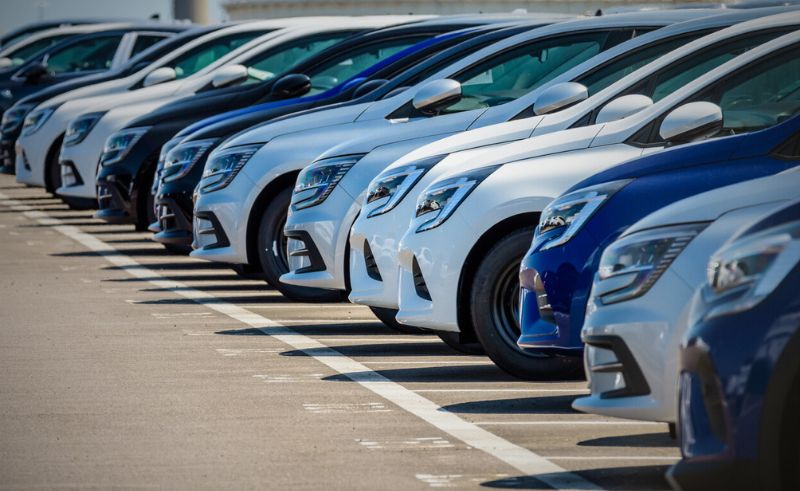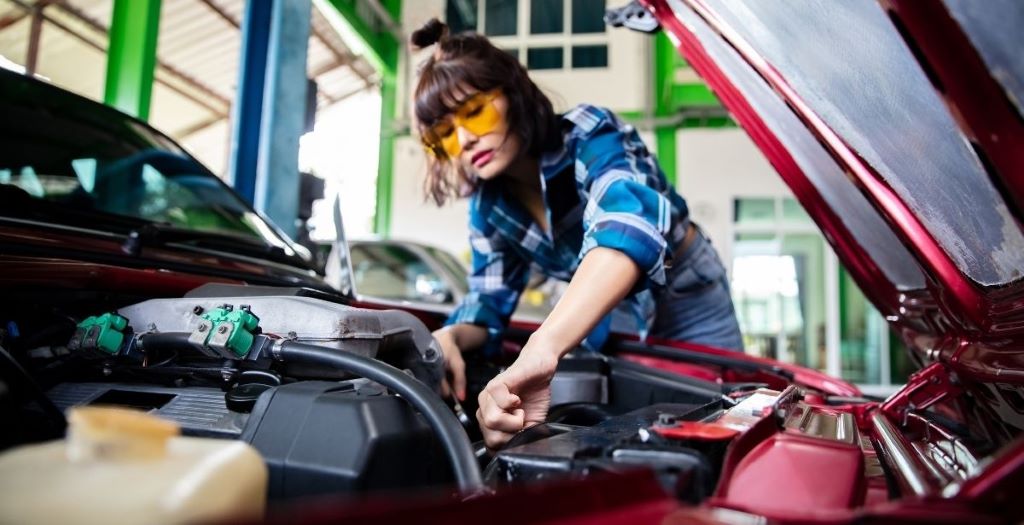Deciding whether when is it not worth repairing a car is a significant financial and practical decision. This guide will help you weigh the costs and benefits to determine if it’s time to say goodbye to your vehicle.
Contents
Factors To Consider When Is It Not Worth Repairing A Car
Repair costs vs. Vehicle value
The first step in deciding whether to repair or replace your car is to compare the cost of repairs to the car’s overall value. Accurately calculating both figures is crucial. To determine the repair cost, obtain detailed estimates from multiple reputable mechanics.
These estimates should outline the necessary parts and labor involved. Factor in additional costs like taxes and fees.
Simultaneously, assess your car’s current market value. Online tools like Kelley Blue Book and Edmunds can provide estimated values based on your car’s make, model, year, mileage, condition, and location. Keep in mind that these are estimates, and your car’s actual value might vary.
Once you have both figures, compare them. If the cost exceeds a significant percentage of the car’s value (often around 50%), it might be more financially prudent to consider replacing the vehicle.
However, this is just one factor to consider, and other elements, such as the car’s age, safety, and your personal circumstances, should also be taken into account.
Age and Mileage
Another thing you should consider when is it not worth repairing a car is its age and odometer reading. Newer models often incorporate advanced engineering and materials that can enhance durability and performance.
However, even the latest cars can encounter unexpected issues. While age provides a general indicator, consider other factors.
Mileage is another key determinant of a car’s condition. Higher mileage typically correlates with increased wear and tear on components like the engine, transmission, and brakes.
Yet, driving conditions play a crucial role. A car primarily driven on highways might experience less wear than one subjected to stop-and-go city traffic. Regular maintenance and careful driving habits can mitigate the impact of high mileage.
Beyond age and mileage, the car’s overall condition is paramount. Factors such as rust, body damage, and interior wear can provide clues about its history and potential for future problems.
A well-maintained vehicle with a documented service history is more likely to provide reliable transportation. Conversely, a car with a neglected past may require significant investments to restore its dependability.

Safety Concerns
Deciding when is it not worth repairing a car is a complex decision influenced by various factors, including safety.
When safety concerns arise, prioritize your well-being and that of others. Start by identifying safety-critical components like brakes, steering, and airbags.
Assess the risk of driving with unrepaired safety issues. Even seemingly minor issues like worn brake pads or faulty steering can escalate into dangerous situations.
Consider the severity of the issue, its potential impact on your ability to control the vehicle, and the likelihood of a sudden failure. A car with significant safety concerns poses a greater risk of accidents, potentially leading to serious injuries or fatalities.
Compare the safety features of your car to newer models. Technology advances rapidly, and modern vehicles are equipped with advanced safety systems like lane departure warnings, automatic emergency braking, and adaptive cruise control.
If your car lacks these features, and the cost of repair is significant, it might be wiser to consider a newer, safer car. Remember that investing in safety is an investment in your well-being and peace of mind.
When safety is compromised, you should always weigh the risks carefully and prioritize your safety and the safety of others.
If the cost of repairs outweighs the safety benefits, or if the severity of the issues raises significant concerns, it might be time to consider a safer alternative
Frequency and Cost of Repairs
Deciding whether to repair or replace a car often comes down to the bottom line: how much does it cost to keep it running? A constant stream of repair bills can quickly erode your budget, and the cost of fixing your old car can exceed the value of the car.
To determine if it’s time to let go, analyze your repair history. Track every repair, noting the issue, cost, and date. This data can reveal patterns of breakdowns, helping you predict future expenses.
Evaluate whether the frequency and cost of repairs are trending upward. Are you constantly dealing with the same issues or facing major repairs more often? This indicates that your car might be approaching the end of its useful life.
Don’t forget to factor in the cost of routine maintenance, such as oil changes and tire rotations, which can also add up over time.
Predicting future repair costs is challenging, but you can estimate the likelihood of major issues based on your car’s age and mileage. Consider the potential for repairs like engine replacements, transmission overhauls, or bodywork.
Remember, these repairs can be incredibly expensive, potentially surpassing the value of your vehicle. If the cost of future repairs seems insurmountable, it might be time to consider a newer car.

Environmental Impact
While a reliable older car might seem appealing for your wallet, consider the environmental impact of keeping an aging vehicle on the road. Newer cars are often equipped with fuel-efficient engines and cleaner emissions systems, reducing their carbon footprint compared to older models.
By opting for a newer, more fuel-efficient vehicle, you can decrease your dependence on fossil fuels and contribute to cleaner air.
Assessing the environmental impact of disposing of an old car involves understanding the end-of-life processes.
While some parts can be recycled, others may end up in landfills. The overall impact depends on factors like the materials used in the car’s construction and the methods used for dismantling and recycling.
However, responsible disposal of an older car can be a more sustainable option than continuing to drive it and releasing harmful emissions into the environment.
The decision to keep or replace your car should also consider environmental factors. While older cars might seem reliable and affordable, they often contribute more to air pollution and resource depletion.
Remember, you can always make a more informed decision that aligns with your personal values and contributes to a more sustainable future.
Alternatives to Repairing or Replacing Cars
Car Sharing
So now you know when is a car repair not worth it, and unfortunately, ditching car ownership altogether might seem radical. However, car-sharing or public transportation could be a game-changer. These options are perfect for your short-term needs.
Car-sharing might seem pricier at first but could offer savings compared to monthly car payments and ongoing expenses. Public transportation, if accessible and reliable in your area, can be an affordable and environmentally-friendly choice!
Buying Used Vehicles
For those who crave the freedom of their own vehicle, buying a used car can be a smart alternative to a brand-new model. Used cars offer a significant price advantage compared to new ones, allowing you to potentially purchase a higher-quality vehicle within your budget.
Factors like age, mileage, and previous maintenance records can tell a lot about the car’s past and potential future.
As always, buying used cars comes with risks just as wondering when is it not worth fixing a car, so be considerate to make suitable and optimal choices for your finances and needs!

FAQs
- How does the availability of parts affect the decision to repair a car?
If parts for your car are becoming scarce or are only available through specialized or aftermarket suppliers, repair costs can skyrocket.
This could be a sign that the car is no longer worth repairing, as finding replacement parts could become increasingly difficult and expensive.
-
Can the cost of insurance impact the decision to repair a car?
As cars age and their value depreciates, insurance premiums might not decrease proportionately. If the cost of insuring your car remains high while its market value is low, this could be another factor indicating it might not be worth repairing.
-
Is there a point where the safety features of a car become outdated enough to justify replacing it?
Modern cars come equipped with advanced safety features like lane departure warning, automatic emergency braking, and adaptive cruise control.
If your car lacks these features, the added risk might make it worth considering replacement rather than investing in costly repairs.
-
Can emotional stress from frequent breakdowns be a sign that it’s time to stop repairing a car?
Constant repairs and the anxiety of potential breakdowns can take a toll on your mental health.
If the stress of dealing with an unreliable vehicle is impacting your quality of life, consider moving on, even if the car is technically repairable.
-
How do lifestyle changes factor into the decision to stop repairing a car?
If your lifestyle has changed, such as needing more cargo space, better fuel efficiency, or a more reliable daily driver, your old car might no longer suit your needs.
In this case, repairing it might not be worth the investment compared to upgrading to a vehicle that better fits your current situation.
Check out this video from The Ramsey Show Highlights to make up your mind on Making Car Repairs or Just Buy a New One!
Conclusion
Determining when is it not worth repairing a car requires careful consideration of various factors.
While the desire of repairing your vehicle to extend its life is tempting, the financial implications, safety concerns, and overall condition of the car must be considered against the potential costs and risks!



